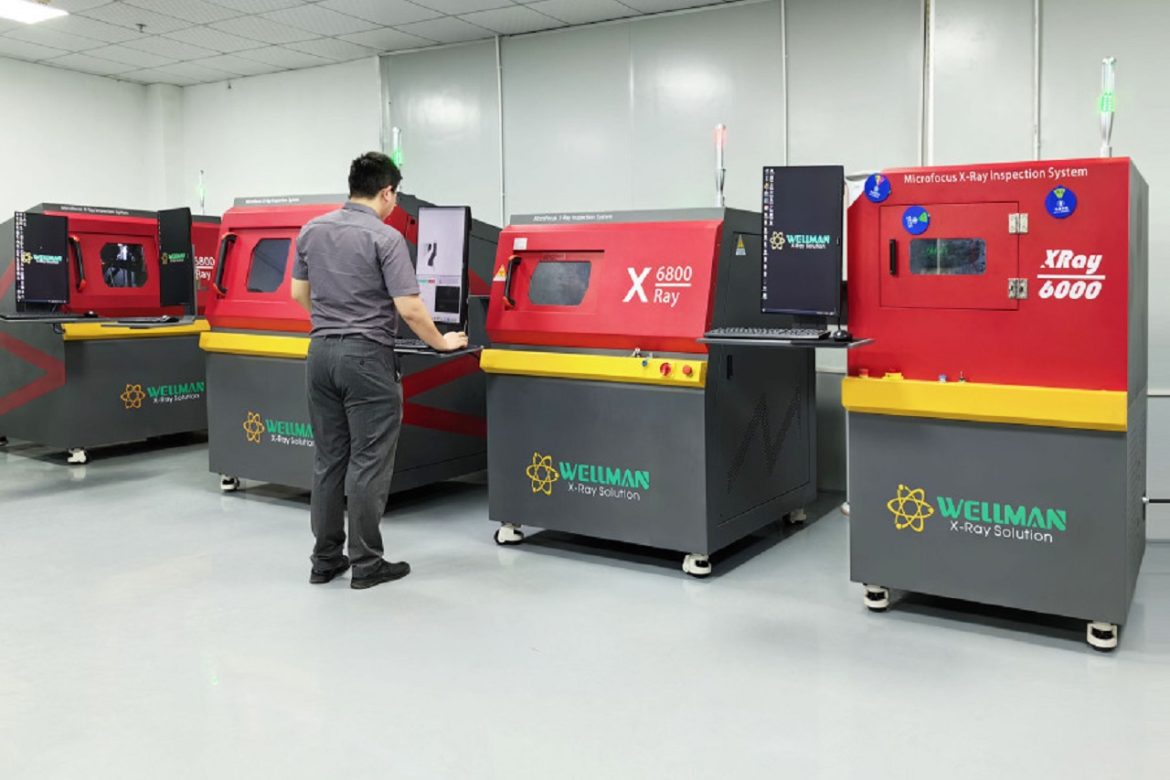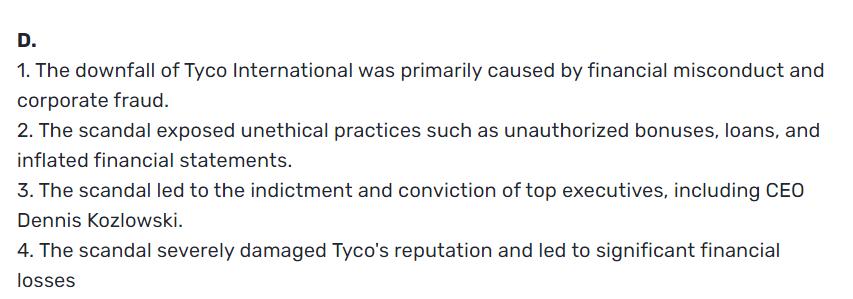From festivals in Florida to touring Dracula’s digs in Romania, we round up the best destinations to visit this October. As summer abandons Europe again this October, eke out the last of the rays and raves in Ibiza, where nightclubs will be going out with a bang for the winter break. When the party finally stops head to the island’s north.
The world of FIFA 25’s Ultimate Team mode is fun but is not easy to navigate if you don’t have the proper tools. FC 25 Coins are needed to develop solid teams, make use of the best talents available in the market, and be able to compete for honors. The demand for such coins is high, but the problem of buying them safely and easily is still relevant. M8X has gained the gamers’ confidence and provides a smooth and secure way to purchase FC 25 coins.
A Secure Platform Built for Gamers
Purchasing virtual currencies is one of the activities that players undertake with a lot of security concerns. M8X has taken it as a goal to make every transaction as secure as possible. We have secure ways of handling personal and financial data as it is encrypted to protect users on this platform. This makes sure that people’s information is not revealed to anyone making it safe for gamers to make their purchase. The company also follows strict procedures to prevent account-related risks. M8X uses methods that are compliant with the game’s guidelines, reducing the chances of bans or penalties. This careful approach protects player accounts while allowing them to enjoy the benefits of their FC 25 Coins without worry.
Simple and Clear Purchasing Process
M8X has designed its platform to be user-friendly and straightforward. Gamers don’t have to navigate complicated steps to get their coins. The website provides clear instructions, from selecting the desired amount of coins to completing the transaction. Each step is easy to follow, and the platform provides detailed information about delivery methods and timelines. By eliminating confusion and unnecessary complexity, M8X ensures that even first-time buyers can complete their purchases quickly and easily.
Fast Delivery for Every Order
Time is crucial in the fast-paced world of FIFA 25. Gamers often need their coins quickly to make transfers, upgrade their squads, or participate in special events. M8X understands this urgency and has built a system that prioritizes fast delivery. Once a purchase is made, the platform’s team works to transfer the coins as quickly as possible. In most cases, coins are delivered within a few hours, allowing players to use them without delay. This focus on speed makes M8X a reliable choice for gamers who value efficiency.
Flexible Payment Options
Offering a variety of payment methods is another way M8X makes buying coins easy. The platform supports multiple options, including credit cards, digital wallets, and other trusted payment systems. These choices cater to gamers from different regions, ensuring that everyone can complete their transactions safely. Each payment option is secure and carefully vetted to meet strict safety standards. This flexibility allows players to choose the method that works best for them while knowing that their money is in safe hands.
Transparent Policies and Practices
Trust is built on transparency, and M8X prioritizes being upfront with its customers. The platform provides detailed information about its services, pricing, and processes. There are no hidden fees or surprises, allowing players to make informed decisions when buying coins. M8X also communicates clearly about delivery timelines and account safety practices. This openness makes the consumers as gamers have confidence in the provider by deeming that are dealing with the right entity.
Positive Feedback from the Community
Another proof that M8X is quite reliable is the positive feedback that is given by players. There are many gamers who have posted their testimonies on the platform hailing it for its security, fast delivery, and good customer relations. These testimonials show that M8X is ready to fulfill the needs of its customers. The testimonials from the players showed the new buyer’s confidence in the platform hence making it convenient to buy FC 25 Coins.
Continuous Improvement
The gaming world is constantly evolving, and M8X works to stay ahead by improving its services. The platform regularly updates its security measures and delivery processes to keep up with the latest trends and challenges. This proactive approach ensures that M8X remains a leader in the virtual currency market. By investing in technology and customer satisfaction, M8X shows its dedication to providing a safe and easy experience for gamers. This ongoing commitment makes it a trusted partner for FIFA 25 players.
Conclusion
Buying FC 25 Coins should enhance the gaming experience, not add stress or risk.M8X makes this possible by providing a secure, easy, and efficient way of conducting transactions. Starting from the enhanced security measures up to the fast delivery and great customer service – all aspects of the service are tailored to the gamers. M8X presents a way, in which FIFA 25 players can improve their Ultimate Teams with ease and without any risk. That is why it is recommended to buy FC 25 Coins here – this site is transparent, flexible, and customer-oriented.










